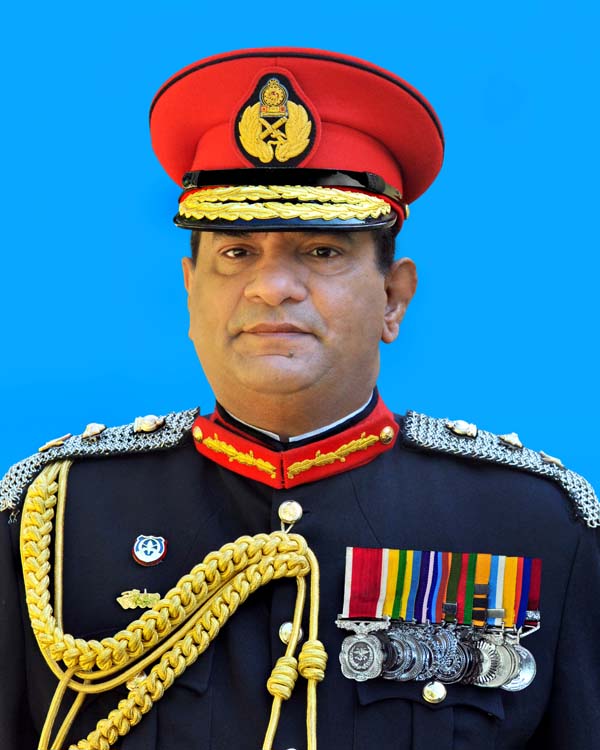
Rights groups have called on the Australian Government to impose sanctions against retired Sri Lankan General Jagath Jayasuriya for his command role in atrocities in Sri Lanka after the Australian Federal Police (AFP) failed to investigate the former Army Commander after he was allowed to enter Australia in 2019.
In a joint press release, the Tamil Refugee Council, the International Truth and Justice Project (ITJP) and the Australian Centre for International Justice (ACIJ), have called on the Australian government to impose Magnitsky-style sanctions on retired Sri Lankan General Jagath Jayasuriya for heinous human rights abuses.
Jayaysuriya oversaw Sri Lankan units that bombed hospitals, as well as the execution and torture of surrendees and disappeared civilians amongst a litany of human rights abuses against Tamil civilians during the final phase of the island's armed conflict in May 2009.
Jayasuriya allegedly bears individual criminal responsibility as commander for the following war crimes: torture and sexual violence in Joseph Camp; extensive and serious violations of international humanitarian law including attacks on protected persons and objects and murder and disappearances and extrajudicial killings at the end of the war (“White Flag” surrenders).
.jpeg)
Image by ITJP
Following Jayasuriya's visit to Australia in May 2019, the ITJP, the ACIJ and the Human Rights Law Centre (HRLC) wrote to the AFP and referred Jayasuriya to the authorities for urgent criminal investigation under the principle of universal jurisdiction which is available under Australian law.
Later that year, the groups lodged a formal criminal complaint and a request to investigate Jayasuriya to the AFP. The draft indictment contained testimonies from 40 witnesses and survivors of torture, many who were held in Joseph Camp.
In their response, the AFP advised the groups that “this matter is being progressed through the [AFP] to the office of the Commonwealth Attorney General.” However, when the group sought an update in August 2021, they were told by the AFP that “unfortunately, this matter was not allocated to an investigations team for review due to an administrative oversight which was not realised until receipt of your recent letter.”
Earlier this year, the AFP advised they will not investigate Jayasuriya for a number of reasons including that Australia supports a domestic determined inquiry process in Sri Lanka.
“AFP inquiries determined there were more appropriate investigative mechanisms than the Australian judicial system to address the allegations in this particular matter,” the AFP spokesperson reportedly said.
“These include Sri Lanka’s current domestic commission of inquiry into war crimes allegations that was announced in January 2021 and legal action filed by a non-government organisation with the international criminal court.”
“There are hundreds of war and torture survivors from Sri Lanka in our community, some of them Australian citizens, many of them sought refuge here after the crimes perpetrated by the Sri Lankan army under the command of Jagath Jayasuriya. It’s outrageous he was allowed into Australia as a free man without any scrutiny for his crimes. Australia must listen to the survivors and either prosecute him or sanction him now," Aran Mylvaganam from TRC said in the press release.
"More than a decade after the end of the civil war in Sri Lanka, no perpetrator has been held accountable for the atrocities committed in the war. No accountability mechanism other than under the principle of universal jurisdiction, is available to the survivors and victims. Targeted sanctions can therefore help fill the accountability gap and undermine the impunity enjoyed by the Generals," the press release stated.
